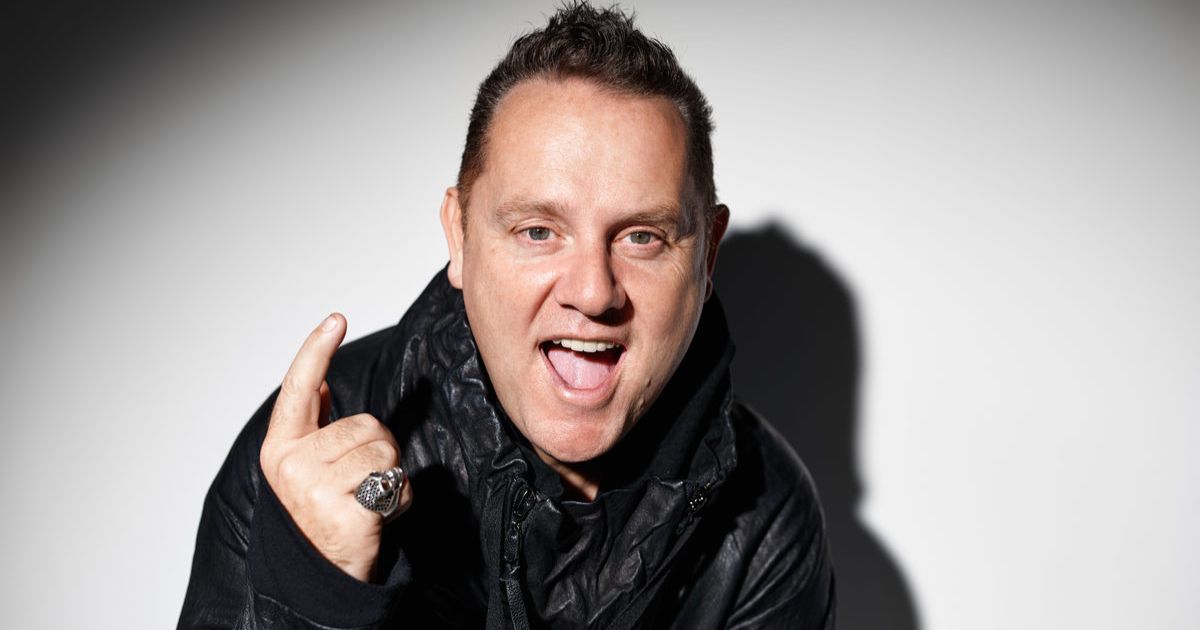Doctors and dentists call for sugar tax
The Australian Dental Association (ADA) is backing a campaign by the Australian Medical Association (AMA) to introduce a tax on sugary drinks to tackle chronic disease and make Australia the healthiest country in the world.
Last week, in his first address to the National Press Club, AMA president Dr Omar Khorshid said Australia lagged behind comparable nations in health outcomes and disease prevention, and it was “time for action” to reduce consumption of sugar-filled drinks.
“More than 2.4 billion litres of sugary drinks are consumed every year in Australia. That’s enough to fill 960 Olympic sized swimming pools.
“Diabetes, obesity and poor vascular health are huge contributors to the burden on our health system.
“Sugary drinks – and, in particular, those which have little or no nutritional value – fuel this problem.
“The tax proposed in the AMA’s report “A tax on sugar-sweetened beverages: Modelled impacts on sugar consumption and government revenue” would raise the retail price of the average supermarket sugary drink by 20 per cent.
The rise is in line with a World Health Organization recommendation and could, over a 25-year period, result in 16,000 fewer cases of type 2 diabetes, 4,400 fewer cases of heart disease and 1,100 fewer cases of stroke.
“It could save lives, and save millions of dollars in healthcare costs,” Dr Khorshid said.
“It would also generate revenue – we estimate about $814 million annually – which we believe could be spent on other preventative activities.”
He said the tax would only apply to sugary soft drinks – those which have no, or very little nutritional value.
“These are drinks you don’t need in your diet. We are not advocating taxation at the level we have on cigarettes. But it sends a clear message that if the government puts a tax on these drinks, these products are not good for you.”
Dr Khorshid said the heavily marketed drinks were a “lucrative money spinner for industry, with children and teenagers often on the receiving end as major consumers”.
“There’s no doubt there will be industry arguing against this move. But it’s time we considered the facts.”
ADA president Dr Mark Hutton said his organisation had urged the federal government to introduce a sugar tax for many years because the ADA’s 17,000 members saw the results of high sugar diets on the oral health of Australians every day.
A sugar tax on soft drinks has so far been sidelined in Australia by a voluntary pledge from the soft drinks industry to reduce sugar sold in beverages by 20 per cent over a decade.
ADA surveys show 47 per cent of Australian adults consume much more than the recommended amount of six teaspoons of sugar per day to prevent tooth decay. Many are not aware a 250ml container of soft drink contains on average 10 teaspoons of sugar alone.
“The best option is for drinks manufacturers to wear the extra cost imposed by a government-mandated sugar tax, and the suggestion that the tax is based on the sugar content of the drink is a good one,” Dr Butler said.
“Whether that cost then gets passed on to the consumer would depend on the manufacturer.
“If for consumers, drinking sugary soft drinks is disincentivised by making them more expensive, it will go some way to reducing sugar consumption and its disastrous knock-on effect for oral health and whole of body health.”


















